Talk Overview
The control of eukaryotic mRNA production and function is a key aspect of the regulation of gene expression. In the first part of this lecture, I will discuss how in eukaryotic cells, the control of mRNA localization, translation and degradation in the cytoplasm allow for the proper regulation of the amount, duration, and location of protein production. The basic mechanisms of these processes are understood and reveal that the mechanisms of localization, translation, and degradation are interconnected. The unique properties of each mRNA are dictated by its intrinsic interactions with cellular machines, as well as its complement of mRNA specific RNA binding proteins and miRNAs. Strikingly, mRNPs are dynamic and can be modulated by protein modifications as well as by modification of the mRNA itself, thereby providing a diversity of targets for the regulation of mRNA function in response to extracellular signals.
In the second part of this lecture, I will provide an overview of why the regulation of translation and mRNA degradation is an important aspect of the control of gene expression in eukaryotic cells. In addition to the translating pool of mRNAs associated with polysomes, recent experiments have identified P-bodies and stress granules as specific cytoplasmic compartments wherein untranslated mRNAs accumulate. In addition to mRNAs, P-bodies tend to contain translation repressors and mRNA degradative enzymes, while stress granules reflect mRNAs in association with some translation initiation factors and RNA binding proteins. P-bodies and stress granules interact and suggest a dynamic process wherein eukaryotic mRNAs remodel their interacting proteins and enter and exit translation, thereby affecting the control of mRNAs in the cytoplasm. We are interested in defining the mechanisms by which P-bodies and stress granules assemble and how cells regulate the movement of mRNAs between these different biochemical and cell biological compartments. Several approaches will be described including biochemical and genetic analyses of known proteins modulating these events, as well as the identification of new factors affecting P-body and stress granule formation and function.
Speaker Bio
Roy Parker
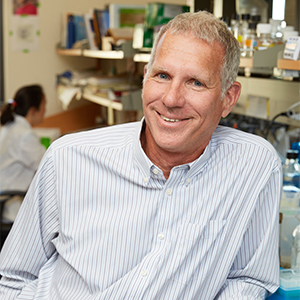
Roy Parker a professor of chemistry and biochemistry and Cech-Leinwand Endowed Chair of Biochemistry at the University of Colorado, Boulder and an Investigator of the Howard Hughes Medical Institute. Prior to joining the University of Colorado in 2012, Parker was a Professor of Molecular and Cellular Biology at the University of Arizona. Dr. Parker received… Continue Reading
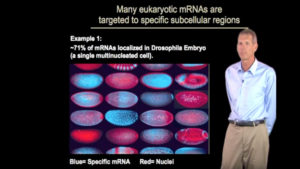
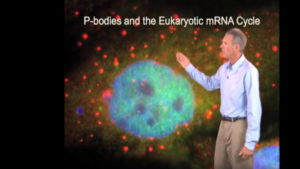
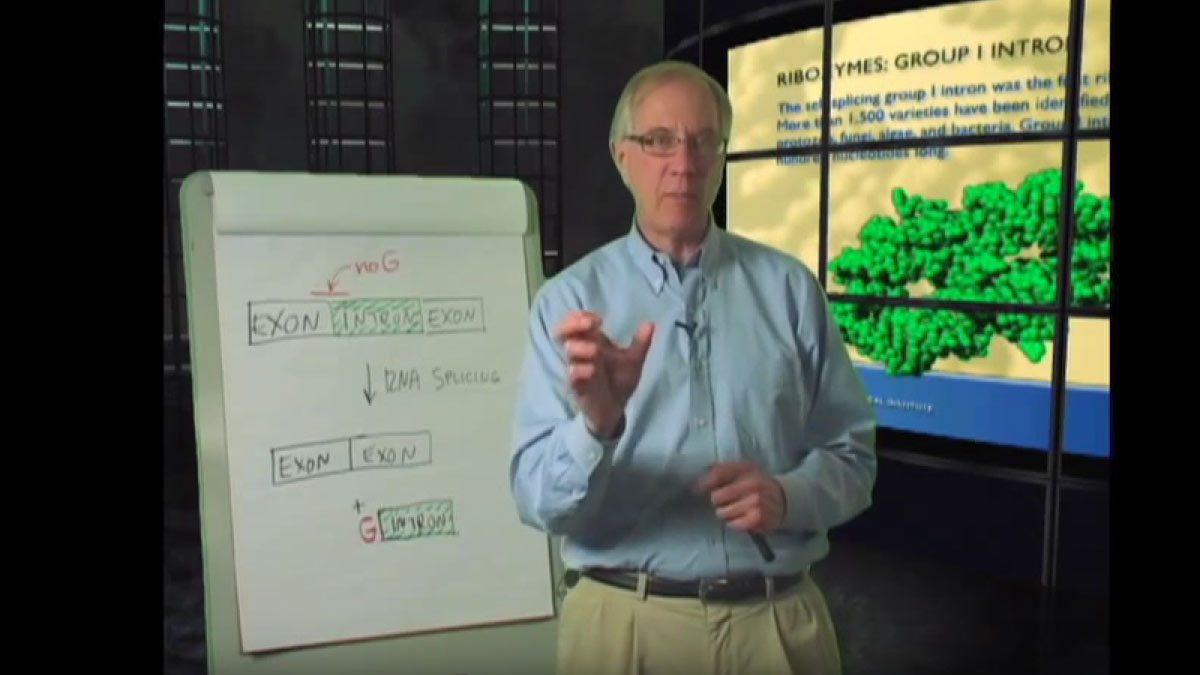
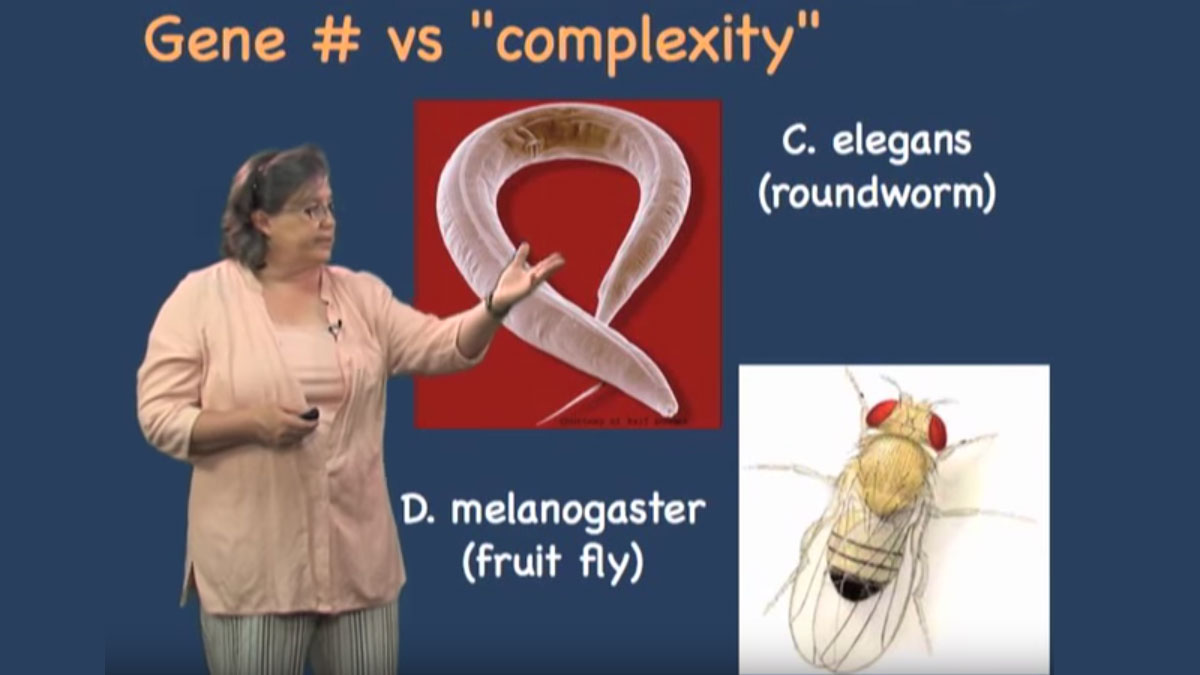
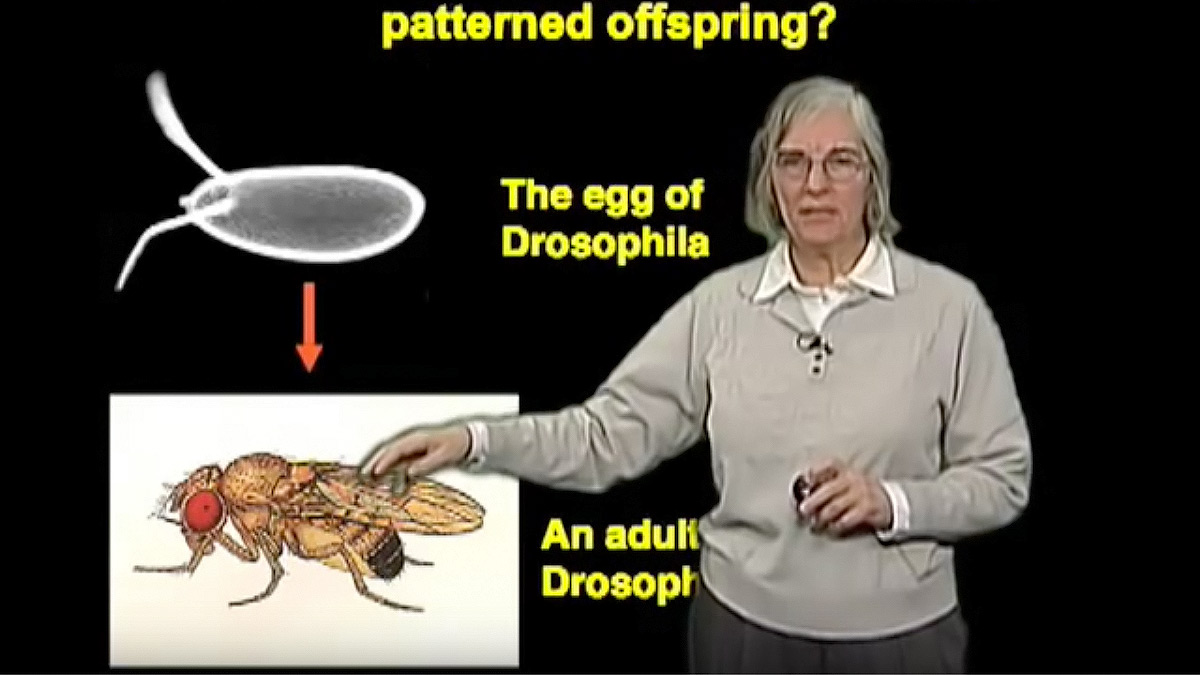
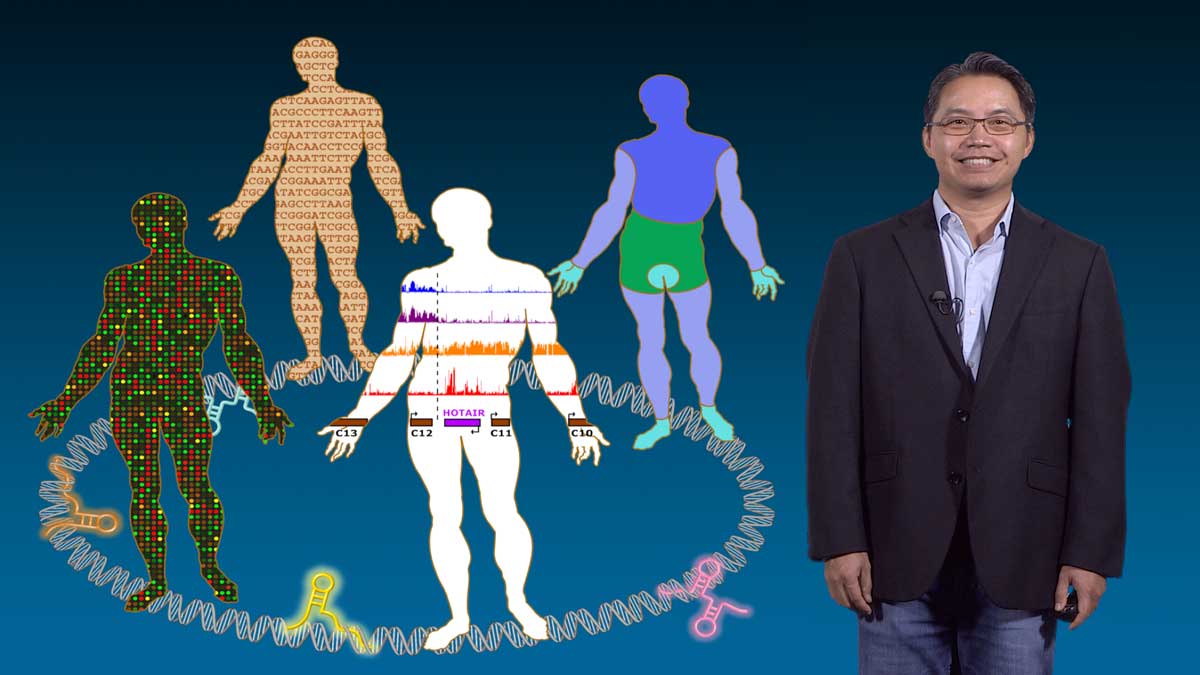





Leave a Reply